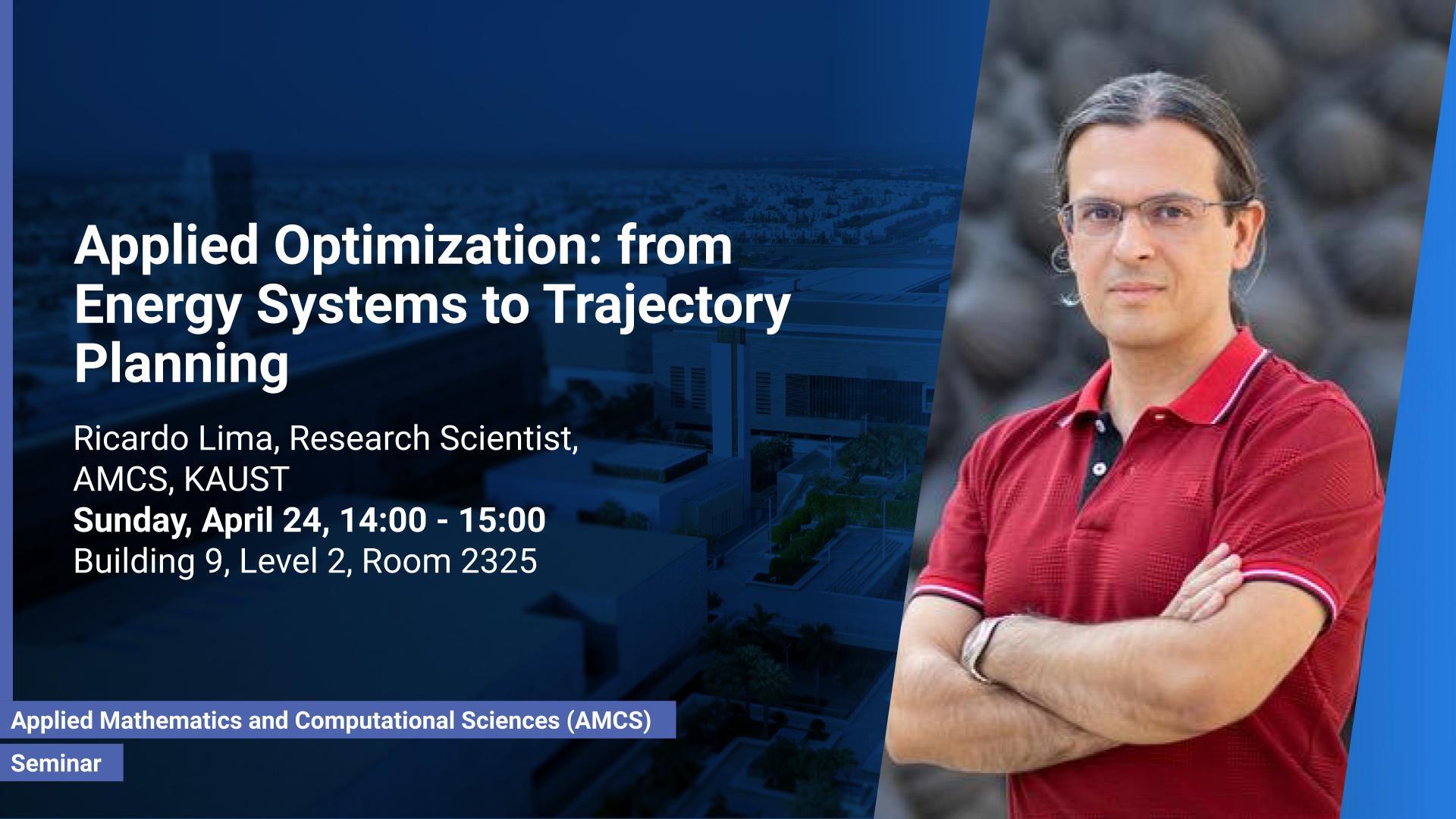Abstract
This talk focus on advanced modeling and optimization techniques to solve complex problems in the scheduling and planning of processes, energy systems, and water systems. Modeling and optimization techniques integrated with other disciplines have a paramount role in supporting the energy transition planning and the water-energy nexus. Specifically, optimizing the integration of renewable energy sources and new energy carriers in the energy mix, increasing the efficiency of existing and novel systems (enterprise-wide, industry, buildings, supply chains), and supporting decarbonization in industry. First, we describe canonical optimization formulations and show their flexibility and capabilities to address complex optimization problems. Examples of applications include process synthesis, production scheduling, short-term hydro scheduling, unit commitment, and even the transfer of human resources within large organizations. Then we focus on applying stochastic optimization approaches to address a virtual power plant's self-scheduling and market involvement, and finally on applying advanced optimization strategies for trajectory planning of underwater vehicles in uncertain and transient flow fields.
Brief Biography
Ricardo received his Ph.D. degree in Chemical Engineering in 2006 from the Faculty of Engineering, University of Porto, Portugal. Afterward, he was a post-doc fellow in the Department of Chemical Engineering at Carnegie Mellon University, Pittsburgh, PA, USA, from 2006 to 2011. He was also an invited researcher in PPG Industries from 2008 to 2011. In 2011, in collaboration with the National Laboratory of Energy and Geology, Portugal, Ricardo was awarded a Marie Curie Fellowship. Since 2014, he has been a Research Scientist at the King Abdullah University of Science and Technology, Saudi Arabia. Ricardo has more than 20 years of experience developing solutions, optimization models, and methods to find optimal solutions that improve operations, reduce costs, or maximize profit. Specifically by developing models and methods based on mathematical optimization. Namely stochastic optimization, decomposition algorithms, and deterministic linear and nonlinear combinatorial optimization models. He has focused on applications in process systems engineering, integration of renewable energy systems in energy systems, and trajectory planning for autonomous underwater vehicles.
